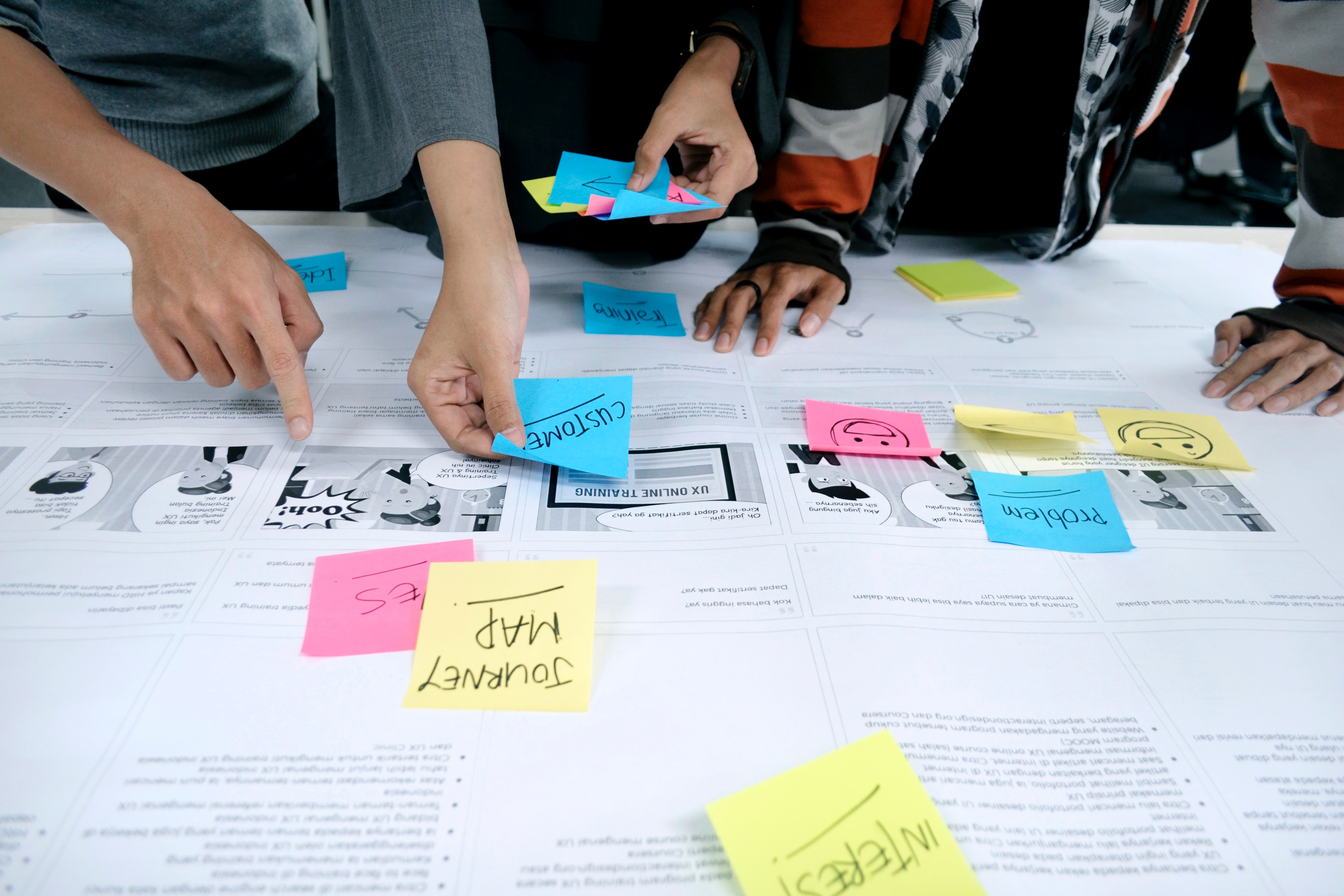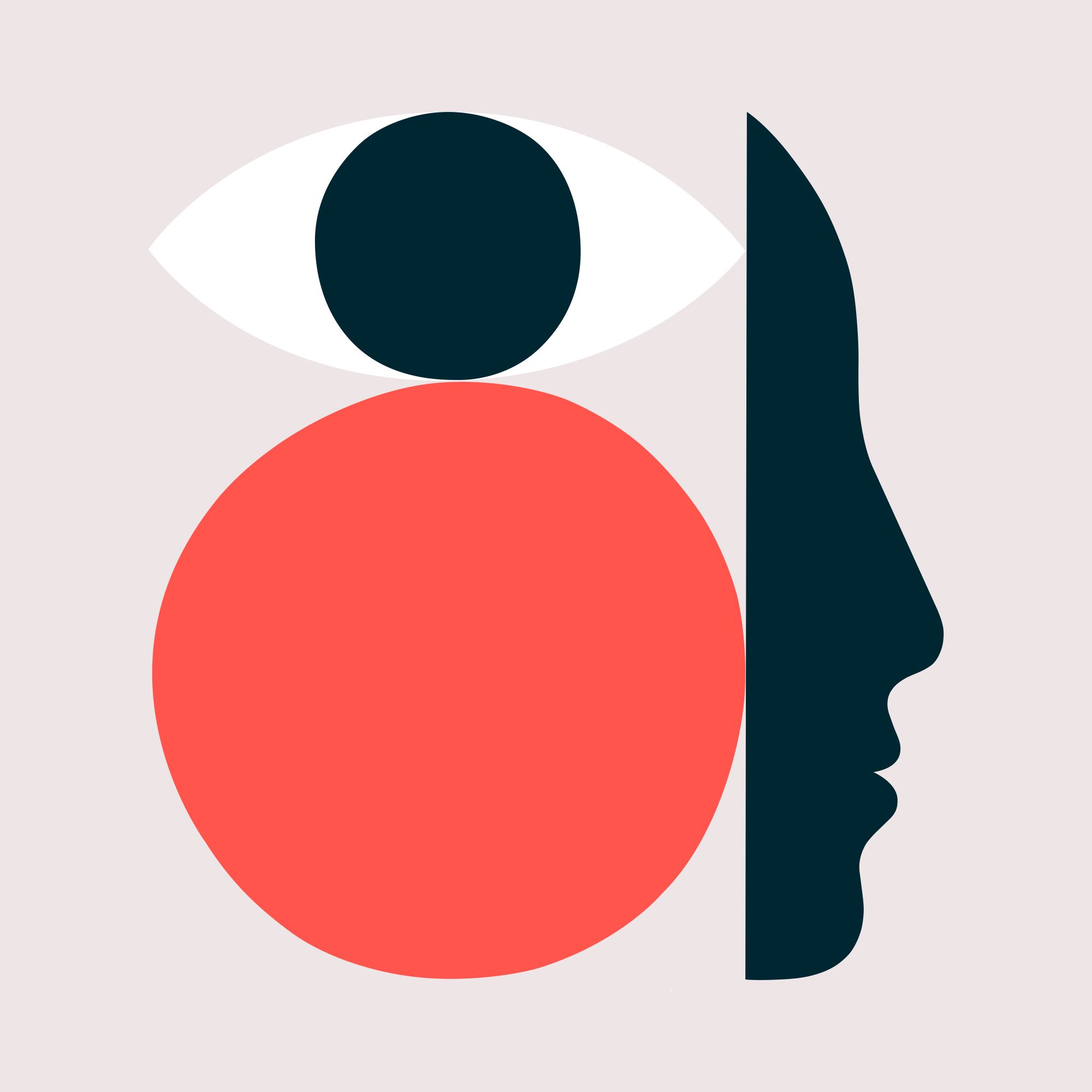
2024 will mark the centenary of the Leaving Certificate; indeed, we can trace the concept of a ‘Leaving Certificate’ as far back as the Intermediate Education Board of 1878/’79.
However, the world we live in today is much different to then. Is it not the time, therefore, for change in our assessment approach at upper secondary level, to reflect the contemporary challenges facing society and the imperative of promoting and supporting creativity and innovation in education? Fundamental reform of Senior Cycle has been long overdue. Is it not time for the Leaving Certificate itself to graduate?
The educational importance and impact of assessment generally, and the Leaving Certificate specifically, on Irish education is considerable. In educational research, we often refer to the backwash effect of assessment on learning, highlighting the pervasive influence of what and how we assess on what is valued in classrooms and how teaching happens. The adage, ‘the assessment tail wags the education dog’ is often cited in illustrating the lopsided effect of high-stakes exams on education.
Reforming our education system by changing the Senior Cycle, and Leaving Certificate specifically, is a complex and challenging process. However, reflecting on our educational past can teach us much about how we might design an educational future where the focus shifts from what is widely known and regarded as a lower-order memory exam to an assessment approach that promotes and valorises creativity and innovation.
The history of Irish education shows us that ambitious, large-scale decisions, where they are underpinned by the vision to create a system that truly includes all young people and learners, yield significant, transformative impacts for our country and society.
An exemplar decision of this kind was announced on Saturday, 10th September 1966 when the then Minister for Education, Donogh O’Malley, an NUI Galway (University College Galway) graduate, declared that secondary education would henceforth be free in an unprecedented announcement directly to the media. His famous (and famously unauthorised) speech, roughly 10 minutes long, signalled the introduction of free secondary education in Ireland. It was a truly remarkable moment, not only in our educational history but in the historical narrative of the Irish State, which was that year celebrating the first half-century of the Proclamation of the Irish Republic. He may have said to the media that day that he was not a radical, but his announcement effected a radical change in educational opportunity in Ireland, then and to this day.
Free secondary schooling, with its free bus/school transportation network, book scheme and funds for building schools, changed utterly Irish education. As Prof Dermot Keogh has noted, ‘Free education was liberation for an entire generation of Irish school children, and successive generations’. The broadcaster, Joe Duffy, in the brilliant RTÉ documentary, The Classroom Divide (2019), likened free education to a ‘miracle’, which enabled him to go on from primary to secondary education, from where he would go on to university.
In more recent times, the reform of the Junior Cycle in the last decade has shown us what is possible in successfully redesigning assessment, as a major step forward in making education more engaging and inclusive for more young people in our schools. For example, the Classroom Based Assessments (CBAs), a central part of the new Junior Cycle assessment process, enable pupils and teachers to devise school-based assessment that aligns with learners’ interests and talents, while helping pupils to develop key skills, such as research competence and numeracy, digital literacy and oracy, which will benefit them in school, university and the world beyond.
While we attempt to live and learn through a tumultuous period and a global pandemic, there is much discussion of COVID-19 as a lever for change in education. Perhaps the time is especially ripe – now more than ever before – to fundamentally change the way we assess young people during a most formative period in their lives. The restrictive current design of the Leaving certificate seems wholly unsuited to what young people need for the world of today and tomorrow.
Indeed, COVID-19 and the resultant new Accredited Grades scheme seem anyway to have accelerated the end of the Leaving Certificate as we know it, with its avowed appearance of objectivity and standardisation, the efficacy of which has always been a matter of debate. Research published in the special issue (Summer 2021) of Irish Educational Studies on the impact of COVID-19 on education identified the anomalies and variances in recent initiatives around calculated grades, further highlighting the inherent weaknesses in the Leaving Certificate, and the continued importance of teachers’ professional excellence and judgement.

Interestingly, we can draw insight from other countries with progressive assessment practices, where concerns arise when there isn’t a sufficient proportion of school-based assessment that expressly focuses on developing and rewarding students’ creativity and innovation.
Already, innovations in new Senior Cycle subjects, for example Computer Science and Physical Education, point the way forward. Innovative assessment approaches are being deployed in these important new exam subjects (whose introduction itself was long overdue), including the creative and innovative use of digital technology.
Furthermore, while Senior Cycle change may seem an intractable process, there is much to be hopeful for. We have a proud history in Irish education of a strongly consultative approach to educational change and reform. We will soon, hopefully, have a first Citizens’ Assembly on education. This is vital, because what we know about designing reform in education is that a participatory approach is paramount. It has been especially encouraging to watch the recent Oireachtas hearings on Senior Cycle reform, where the ideas and views of key stakeholders, including unions, the research community and policymakers are being listened to in a public forum that will directly influence changes to the Senior Cycle.
Indeed, when we look across our educational system and see innovations in assessment in primary schools, at Junior Cycle (e.g. Classroom-Based Assessments) and at third-level, it is the Leaving Certificate in particular that seems increasingly out-of-place, anachronistic and outmoded.
The compartmentalisation of the secondary school curriculum is ripe for reform and should be challenged, along with the regrettable denigration of practical skills and knowledge, which has for too long prevailed in our system.
At NUI Galway, for example, the new programme, Designing Futures, will support trans-disciplinary learning, with students working across academic disciplines, alongside peers and faculty, on key enterprise and societal challenges, in collaboration with civic organisations and industry. There is no reason why such programmes should not begin at Senior Cycle.
The history of Education in Ireland shows us that when we think big, put inclusion at the centre of our reform efforts, and match these commitments with commensurate, significant investment, we can achieve incredible things. Charles Feeney (Atlantic Philanthropies) called on us to dream big. 100 years on from its introduction, perhaps it would be a suitable and timely ‘Slán’ to the Leaving Certificate to finally put in place a system that promotes and values creativity and innovation. Therefore, perhaps, instead of a Leaving Certificate at the end of secondary schooling, students will develop a Creativity & Innovation Portfolio over the course of an education that places their wellbeing and life-aspirations at the centre of our Senior Cycle.
NUI Galway (then Queen’s College Galway) was founded 176 years ago, during a very difficult period in Irish history. In today’s challenging times we can draw inspiration from that history and invest in education with the ambition of putting creativity and innovation at the heart of an assessment process, which truly includes all young people by valuing their diverse creativity and talents. We need to design an educational future that foregrounds and promotes creativity and innovation. Designing a different kind of Leaving Certificate will be central to achieving this vision.
Profiles

Tony Hall, PhD, is Senior Lecturer in Educational Technology, School of Education, and the Director of Educational Design Research for Designing Futures, Office of the Dean of Students, NUI Galway. A former second-level teacher (Physical Education, English, ICT and Maths), his research interests include design-based research in education, educational innovation and technology. Current funded projects include Designing Futures (HEA Human Capital Initiative) and i2i: Idea to Impact (funded by EIT within Horizon Europe). Tony is a Fellow of the International Society for Design and Development in Education (ISDDE), and he brought the annual international ISDDE conference to Ireland/Galway for the first time in 2018. Tony is the General Editor of Ireland’s principal educational research journal, Irish Educational Studies, and he serves on the editorial board of several leading international journals in education and educational technology, including the Journal of Computer-Assisted Learning. Tony has served as both Head and Deputy Head (two terms) of the School of Education, and inaugural Vice-Dean for Learning, Teaching and Assessment in the College of Arts, Social Sciences & Celtic Studies, NUI Galway. In 2012, 2013 & 2014, he was the Editor of the Education Matters Yearbook: Ireland's Educational Yearbook. Tony's book on design-based research, narrative and educational technology was published by Palgrave Macmillan in 2018.